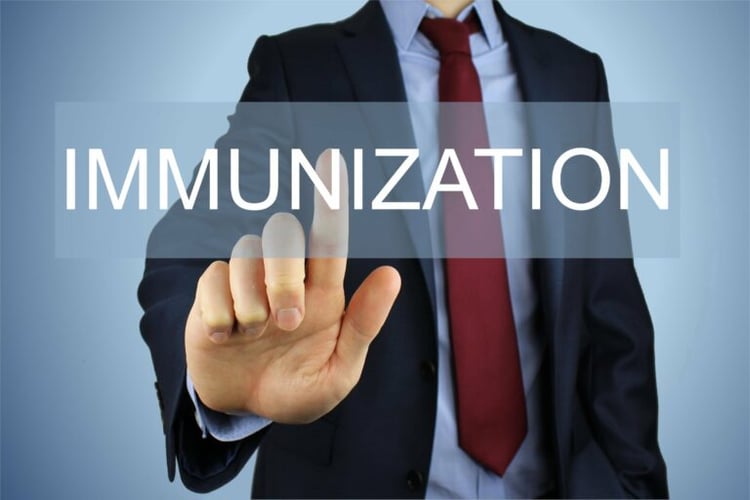National Immunization Awareness Month provides us an opportunity to think about how far the development and advancement of immunization science has come, and its impact on public health. The U.S. Food and Drug Administration plays a key role in immunization by evaluating vaccines for safety and effectiveness before they are made available to the public.
Vaccines work by stimulating the body’s immune system to safely provide protection against viruses or bacteria that cause infection. After vaccination, the immune system is prepared to respond quickly when the body encounters the disease-causing organism.
Why are vaccines important? They help provide protection from an infectious disease and can lessen the severity of illness. If you are immune to a disease, you can be exposed to it without becoming sick. Simply put, because of advances in medical science, vaccines can help protect us against more diseases than ever before. Some diseases that once injured or killed thousands of people have been eliminated primarily due to vaccines.
Interested in learning more? Contact us today to find out how we can help with your global regulatory needs.

